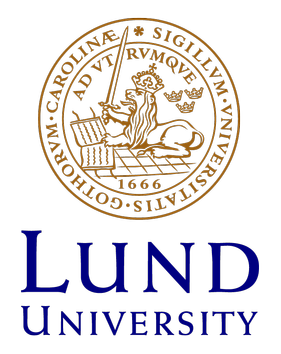Lund University is a public institution that was founded in 1666. Its main campus is in Lund, Sweden, with additional campuses in Helsingborg, Ljungbyhed and Malmö. The Lund campus is roughly 40 miles west of Copenhagen, Denmark. International students at the university hail from more than 130 countries. Tuition is free for students from countries in the European Union and European Economic Area as well as Switzerland. International students from outside these areas generally are charged tuition. Some university housing is available for both undergraduate and graduate students.
The university has eight main academic divisions – engineering, science, law, social sciences, medicine, humanities and theology, economics and management, and fine and performing arts – and a school of aviation. In all, more than 75 bachelor’s programs and around 220 master’s programs are available. The university follows a semester-based academic calendar. Lund University students generally take one course at a time, with the exception of engineering students who usually take two, and a course can last anywhere from two to 20 weeks. The primary language of instruction at the undergraduate level is Swedish, but a handful of English-taught bachelor’s programs are offered. There are many master's programs taught in English, including ones in economics, finance and international human law. Some of Lund University's research institutes and centers are the Lund University Centre for Sustainability Studies, the Lund University Diabetes Centre and the Max IV Laboratory, used for synchrotron radiation research.



